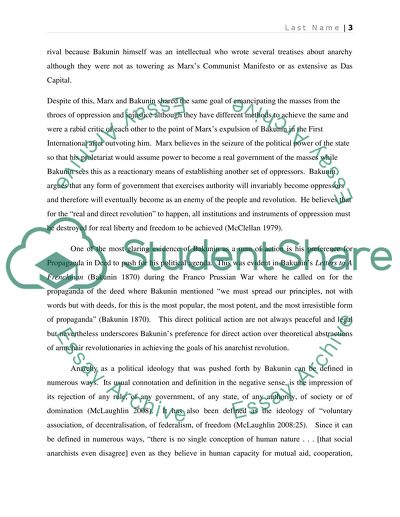Cite this document
(“Bakunin: A great thinker or a man of action How did Bakunin shaped Essay”, n.d.)
Retrieved from https://studentshare.org/history/1396672-a-great-thinker-or-a-man-of-action-how-did-bakunin
Retrieved from https://studentshare.org/history/1396672-a-great-thinker-or-a-man-of-action-how-did-bakunin
(Bakunin: A Great Thinker or a Man of Action How Did Bakunin Shaped Essay)
https://studentshare.org/history/1396672-a-great-thinker-or-a-man-of-action-how-did-bakunin.
https://studentshare.org/history/1396672-a-great-thinker-or-a-man-of-action-how-did-bakunin.
“Bakunin: A Great Thinker or a Man of Action How Did Bakunin Shaped Essay”, n.d. https://studentshare.org/history/1396672-a-great-thinker-or-a-man-of-action-how-did-bakunin.


